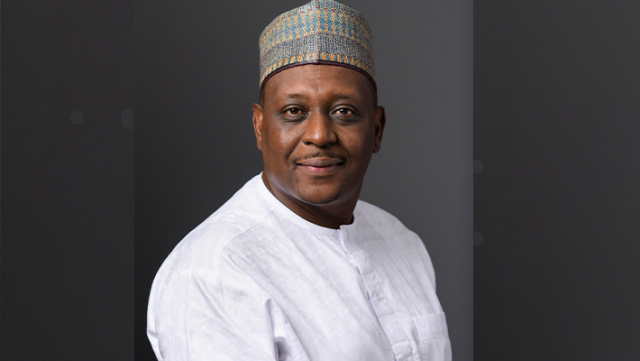The federal government of Nigeria, alongside the Economic Community of West African States (ECOWAS), has advocated for a heightened commitment to regional health security through policy reforms and improved collaboration.
This initiative coincides with the formation of a Technical Advisory Council (TAC) for the Regional Centre for Surveillance and Disease Control (RCSDC) by ECOWAS. The goal is to enhance disease surveillance, emergency preparedness, and coordinated efforts to address public health threats throughout West Africa.
During the inaugural TAC workshop in Abuja on Wednesday, various stakeholders, including public health specialists, community leaders, and representatives from the World Health Organization (WHO), convened to discuss strategies aimed at improving regional health resilience.
The coordinating minister of health and social welfare, Muhammad Ali Pate, underscored the significance of cross-border collaboration in tackling emerging and re-emerging infectious diseases.
Pate, who was represented by Jide Idris, the director-general of the Nigeria Centre for Disease Control and Prevention (NCDC), stressed the increasing threat posed by disease outbreaks in the region. He noted that elements such as climate change, rapid urbanization, and humanitarian crises were heightening vulnerability.
Moreover, he pointed out that systemic deficiencies within healthcare infrastructures were further aggravating these risks.
“These challenges highlight the necessity for enhanced regional collaboration and preparedness in addressing emerging public health threats. Public health security is a regional necessity. Our collective experiences remind us that our resilience hinges on the strength of our shared systems, mutual trust, and our ability to respond rapidly and collaboratively,” he stated.
Pate reiterated Nigeria’s commitment to transforming its health sector through initiatives like the National Health Sector Renewal Initiative Programme (NHSRIP) and the Health Workforce Migration Policy, aimed at tackling workforce shortages in healthcare.
He also referred to the Basic Health Care Provision Fund (BHCPF), which seeks to enhance healthcare access throughout the nation. “These initiatives demonstrate Nigeria’s commitment to fortifying its healthcare system and providing better services for its citizens.”
Mamadou Diarrassouba, the executive director of the ECOWAS RCSDC, stressed the importance of strengthening health systems in the wake of recent disease outbreaks.
Represented by Sani Adamu, Diarrassouba highlighted that the Ebola outbreak and the COVID-19 pandemic highlighted the necessity for robust surveillance and swift response mechanisms.
“In response, ECOWAS set up the RCSDC to identify, evaluate, and address health threats. To support this mission, a Technical Advisory Council (TAC) has been established to offer scientific and technical guidance, ensuring that the center’s programs are evidence-based and aligned with regional and global health priorities,” he noted.
Diarrassouba encouraged TAC members to cooperate, exchange expertise, and equip the ECOWAS RCSDC with the latest technical knowledge to bolster the region’s health security.




















